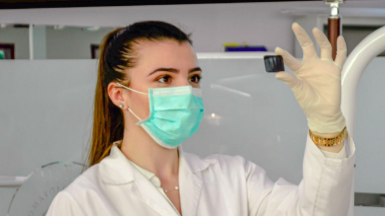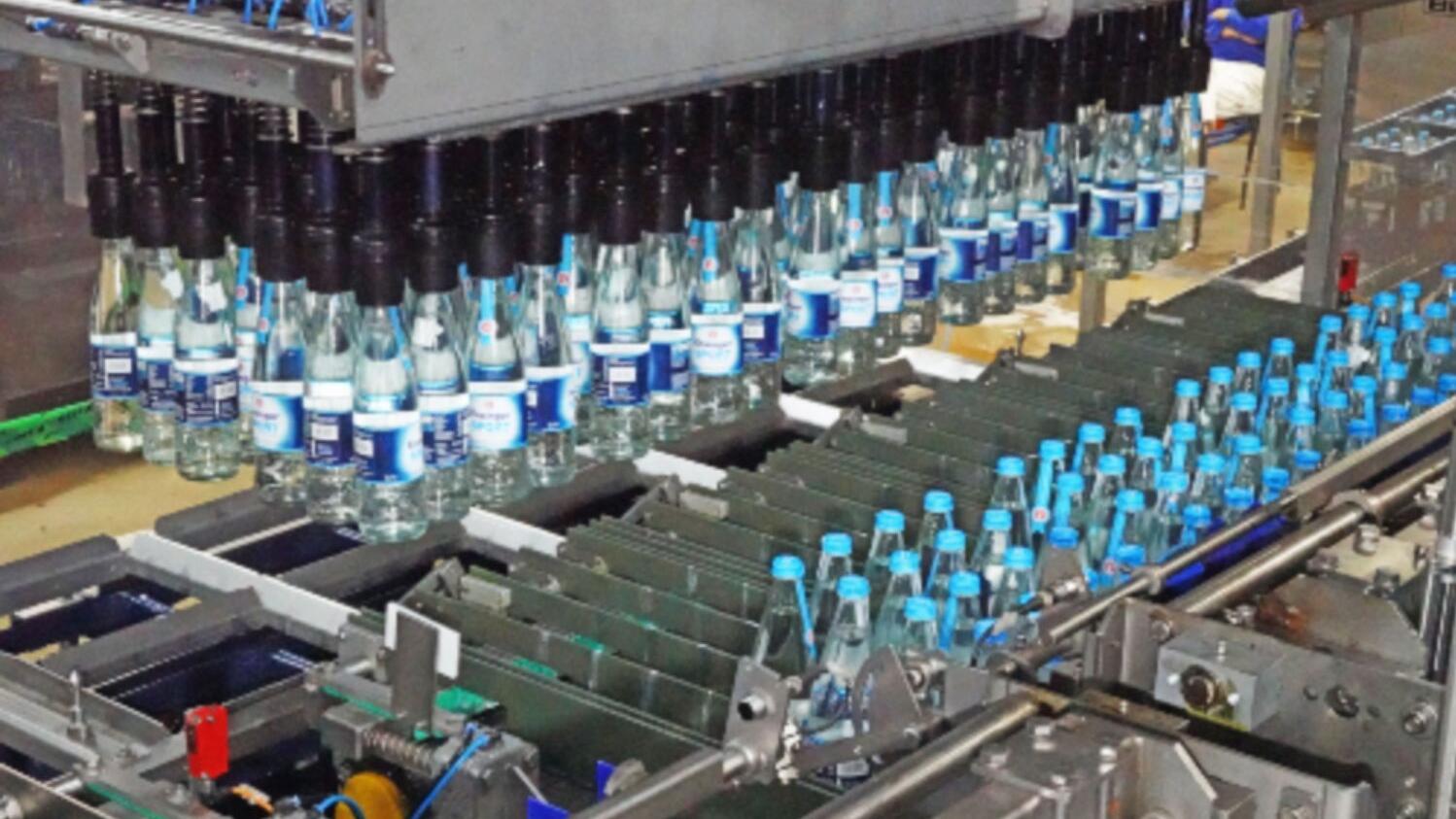 Renewable Energy
Renewable EnergyGreen Revolution - Medium-sized companies show the way. Lessons from two spanish companies in the chemical industry
Summary
SATECMA, a chemical producer with several production lines, started its journey towards environmentally friendly products 20 years ago. DichaandHecho is an ecobrand focused on the development of novel cleaning products which are both effective and sustainable. The principles of the brand are 4-fold: first, decrease the buy-dispose culture, decrease overconsumption; second, decrease carbon footprint; third, offer alternatives better than plastic packaging; and fourth, protect lands and seas with non-toxic formulas. Both companies reflect on similar challenges during setup of their sustainable companies. One is bureaucracy. Another,
Another, resistance to change. And the short-sighted view that the initial investment will not be profitable. The potential benefits are manyfold, with the environmental benefits and the contribution to a much-needed transformation. And last but definitely not least, the financial benefits of the environmental benefit of the added value of their products. And then, last. the company need to start focusing on.
Open full article
Green Revolution - Medium-sized companies show the way. Lessons from two spanish companies in the chemical industry
The path towards a more sustainable and ecological industry is not easy and sometimes SMEs (Small and Medium sized Enterprises) struggle to understand why and how conversion towards a more environmentally friendly production system should be undertaken.
Two Spanish companies in the chemical sector which have already implemented measures to make their production more sustainable, share their experience with INNOVEAS.
SATECMA, a chemical producer with several production lines, including a special paints division, a mortar division and a chemical division, started its journey towards environmentally friendly products and energy saving already 20 years ago. Interestingly, as its General Director, Ángel Luis Vázquez mentions, this process started when the company was still set in a very small warehouse with little available resources, and has continued until today, with the company set in a 5,000 m2 warehouse and some truly innovative facilities. Although admittedly, at first their strategy was more reactive –limiting the amount of environmentally damaging or toxic components in their products–, later they became more focused on prevention and already from the product design phase, these concerns were taken into account. More recently, the company has implemented changes to improve their energy use: from more efficient climate control systems, the use of LED lamps, or the better exploitation of natural light, to the implementation of a photovoltaic solar energy generation plant. All of these measures have allowed the company to reduce their energy consumption up to 20%, with the associated economic savings, and improve their stand among customers, public institutions and suppliers.
Dicha&Hecho is an ecobrand focused on the development of novel cleaning products which are both effective and sustainable. The principles of the brand are 4-fold: first, to extend the resources’ useful life and so, decrease the buy-dispose culture and reduce overconsumption; second, decrease the carbon footprint; third, offer alternatives better than plastic packaging; and fourth, protect lands and seas with non-toxic formulas.
Ana Guerrero Alonso, founder and director of Dicha&Hecho, holds a PhD in infectious diseases and immunology and decided to start the company subsequent to several positions in science and innovation consulting, after identifying a lack of innovation for sustainability in the cleaning sector, a necessary, ubiquitous and highly-pollutive sector.
In order to change this reality, her brand developed liquid ecological cleaning products which are packaged in their patented, recycled cardboard boxes. These purposefully small and lightweight boxes reduce the carbon footprint produced during their production and transport.
“Our aim is to be the first company completely sustainable in the sector. For this purpose, we work on our products and also on processes at sustainable and social level,“ explains Ana Guerrero Alonso.
For instance, Dicha&Hecho's products are produced and stored with 100% renewable energy. In addition, they have chosen a world-leading sustainable and ethical bank and their Tax Footprint Certificate transparently shows that they pay their taxes where they sell their products. They are cooperative members of the Mercado Social de Madrid, a network of more than 400 social economy companies, organisations and consumers that through an annual Social audit, promote: gender equality, cooperation, wage gap reduction, sustainability and non-profit policies, amongst others.
Both companies reflect on similar challenges during the setup of their sustainable companies. One is bureaucracy. Another, resistance to change. And the short-sighted view that the initial investment will not be profitable. With respect to these last two points, Ángel Luis Vázquez, General Director at SATECMA, highlights the need to involve the company management in the change: “Without the top management involved, the whole process will stagger and slowly die.” As for the implementation, sometimes an external auditor can help better assess the potential for improvement and include all stakeholders in the process of change towards sustainability.
In any event, once the initial challenges are overcome, the potential benefits are manyfold. On the one hand, there is the social recognition of a green label, both from the customer/supplier side and the institutional side. On the other, the financial benefits of the energy savings which can be as high as 20%, as in the case of SATECMA. And then, last but definitely not least, the environmental benefits and the contribution to a much-needed transformation. Companies need to start focusing less on revenue and more on the added value of their products both to society and to our planet. For instance, Dicha&Hecho reduces their profit by avoiding plastic during bulk transportation using their own biodegradable product, while trying to increase awareness of the impact and value of all steps of the process, including delivery.



